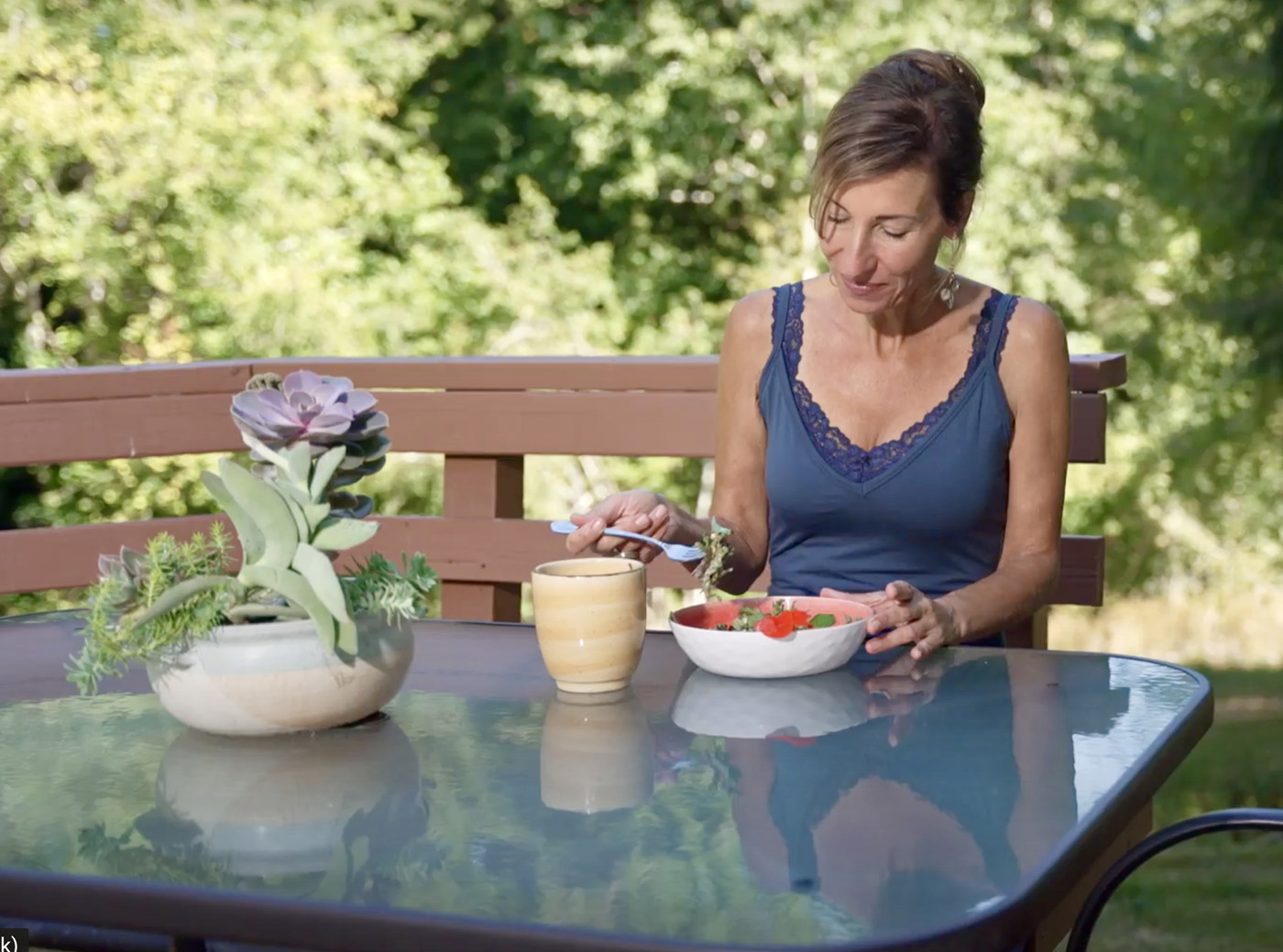The Nature of Loss
As the holiday season approaches, it can be a time of remembering those we have lost and of grief. Family traditions, a favorite dish that mom used to make, or joyful memories of the past can bring up painful feelings. Add to this the stress and expectations of the season, and it may create a sense of overwhelm for those who are coping with loss. Difficult family dynamics can also come to the forefront when we are grieving. Know that you are not alone if you struggle during the holidays. In this post we will explore several ways in which you can navigate grief and honor the process.

How Grief Affects You and Your Loved Ones During the Holiday Season
It is important to keep in mind there is no wrong way to grieve — every person is unique in how they handle loss. Some move towards the pain to process it, while others are avoidant. If you are supporting a loved one or friend who is grieving, you may feel uncertain about how best to help them. For many, it is a time of confusion when faced with intense emotions — and holidays can magnify the sense of sorrow and loss. If you or someone you know is grieving this holiday season, here are a few suggestions that may help.
Don’t assume you know how someone feels. If you are close to a family member or friend who is experiencing loss, it is easy to think you know how they are feeling or what their needs may be during the holidays. But grief can be unpredictable and they may be experiencing it in a very different way than what you would expect. A helpful approach is to let them lead by simply asking how they are feeling about the upcoming holiday, especially if it is their first season after loss. You then have a better idea as to how to support them in a manner that is helpful.
Keep communication open. Don’t wait to have conversations about traditions and how you would like to approach the holidays. Family members may have different (or conflicting) ideas about what they would like to include — or not. And that’s okay. If there is an idea that makes you uncomfortable, knowing the perspective of another may make it easier to navigate — or you can decide not to participate in it at all. But if we do not keep communication open about where we stand and our feelings, it can lead to painful misunderstandings.
Be gentle with yourself. Recognize the holidays can be challenging — particularly after loss. If you need to excuse yourself for a few minutes to get a bit of fresh air or alone time, that’s just fine. Some may need to keep holiday gatherings small and intimate to prevent overwhelm or they might need to skip it altogether. If you feel as though you would rather not celebrate the holidays for a season, ensure you have the support and companionship you need. Make it a point to spend the holiday with a dear friend or a family member where you can plan activities that soothe your soul — a walk along the beach, a nature hike, enjoying a meal together, or watching a favorite movie. Depending on whether you are an introvert or extrovert, how you approach the holidays will be different after a loss.
Avoid taking on too much. It may be tempting to keep yourself busy during the holidays if you lean towards grief avoidance. However, you don’t want to take on so much that you become overwhelmed. A healthy balance is key. Self-care is crucial during this time — and the holidays are no exception. Make sure to take time for yourself that isn’t caught up in the busyness of the season. Reading, a hot bath, scheduling a massage, or talking with a good friend over coffee are all ways to care for yourself by providing space for your grief.

When to Seek Help
It goes without saying that seasons of grief are stressful — and can be exceptionally so during the holidays. One of the areas we see this impact the most is with our sleep. While insomnia can be a common symptom of grief, if it persists over time, it can have significant consequences for our health, including depression and anxiety, type 2 diabetes, cardiovascular disease, and obesity.1 A study on grief in 2019 found that ongoing lack of sleep can also lead to chronic inflammation.2
While insomnia, lack of appetite, fatigue, and trouble concentrating are some of the first symptoms of grief, it is important to consult with your healthcare practitioner if you experience:
- Trouble sleeping for 3 or more months
- Thoughts of self-harm or suicide
- Ongoing challenges with everyday function
- Significant grief that lasts beyond a year without improvement
Additionally, herbal remedies can be beneficial during the grieving process to soothe the nervous system and support calm, restful sleep. Our Anxiety & Stress Tincture and Sleep Blend are helpful in this regard. You can learn more about both here.
It is my sincere hope these suggestions are useful and supportive as you navigate loss and sorrow during the holidays and beyond. For additional resources on grief, including how to help grieving children, please see these posts.
Nicole Apelian
Nicole’s Apothecary Products in this Post
References
- “Sleep and Chronic Disease” Centers for Disease Control and Prevention. https://www.cdc.gov/sleep/about_sleep/chronic_disease.html
- Chirinos, D. A., Ong, J. C., Garcini, L. M., Alvarado, D., & Fagundes, C. (2019). Bereavement, Self-Reported Sleep Disturbances, and Inflammation: Results From Project HEART. Psychosomatic medicine, 81(1), 67–73. https://doi.org/10.1097/PSY.0000000000000645







